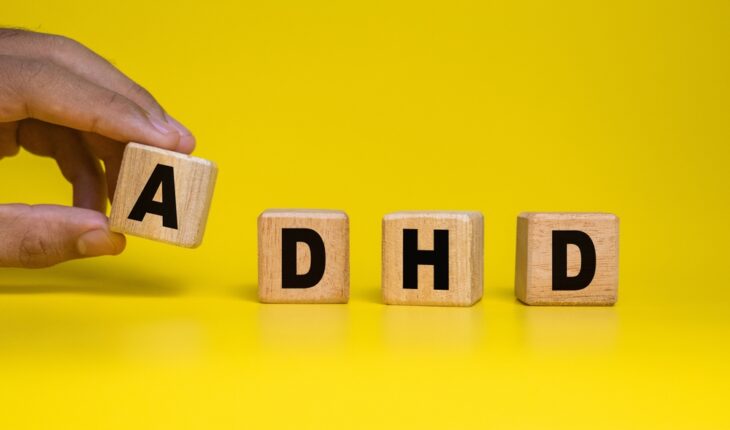Missing meals is a weekly or even daily habit for 63% of people with ADHD, according to a new study from neurodiversity experts at So Nutrition.
The research illustrates the challenges that people with ADHD (attention deficit hyperactivity disorder) face when it comes to diet and eating habits, with nine in 10 admitting to struggling with impulsive eating.
“Skipping meals can be attributed to ADHD’s core symptoms of impulsivity, inattention and executive function differences, which all hinder self-regulation and awareness of internal hunger signals,” explains leading ADHD nutritional therapist Sarah Osborne, founder of So Nutrition.
“Similarly, for neurodivergent individuals, impulsive or emotional eating often goes beyond food itself and can relate to brain chemistry and biochemical balance, as well as being a response to emotions such as stress, frustration and feeling overwhelmed.”
The independent research, which was conducted with 500 UK adults with ADHD, attests to both the extent of the challenges and the impact they can have. It was commissioned for a report aimed at the healthcare community and heralds the launch of the So Nutrition Academy, which offers consultations, training and mentoring to support professionals that are working with neurodivergent clients.
Sarah Osborne continues:
“When eating turns into an emotional and impulsive response, it becomes easy for people to feel trapped in a cycle of guilt and frustration. We hope that our research will support greater understanding of these challenges, which are closely linked to the way the neurodivergent brain responds to the world.”
“Our aim is for the So Nutrition Academy to become a trusted resource for nutritionists, coaches and medical professionals, to help them understand the nuances that come with ADHD and enhance their work with neurodivergent patients.”
In addition, the research revealed that:
- Almost all (96%) acknowledged they can forget to eat as a result of being hyper focused on other tasks, with 43% saying this happens often
- Nearly eight in 10 (78%) say they are highly sensitive to certain textures, tastes and smells. Tomatoes, mushrooms and bananas are some of the foods mentioned most
- More than nine in 10 (91%) find it difficult to plan or prepare meals
ADHD affects around 3.5% of adults and 5% of children in the UK. The study comes at a time when over half a million people are on waiting lists for diagnosis, according to NHS data released in May this year.
With specialisms in nutrigenomics, ADHD and impulsive eating, So Nutrition has worked with hundreds of neurodivergent people dealing with a wide variety of dietary challenges. Led by award-winning nutritionist Sarah Osborne, the practice fosters kindness and self-compassion to enhance nutritional goals.
The So Nutrition Academy marks a significant step in the growth plans for the practice, enabling So Nutrition to train and support professionals in this arena as well as offering a hub for sharing knowledge, case studies and more.
The report ADHD and Nutrition: Serving up the plain truths is available at: sonutritionacademy.com
- New research reveals why ADHD impacts nutrition - 5th September 2025







